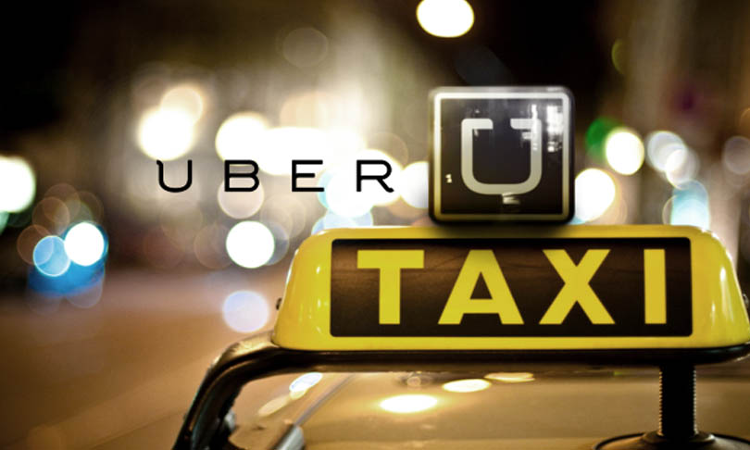Chandigarh District Commission Holds Uber Liable For Charging In Excess Of Contracted Amount
Smita Singh
16 April 2024 5:00 PM IST

Next Story
16 April 2024 5:00 PM IST
The District Consumer Disputes Redressal Commission-I, U.T. Chandigarh bench comprising Pawanjit Singh (President), Surjeet Kaur (Member) and Suresh Kumar Sardana (Member) held Uber India liable for unfair trade practice for charging excess fares beyond the contracted amount. It held that Uber cannot escape liability by contending that it is a mere facilitator between the drivers and...
